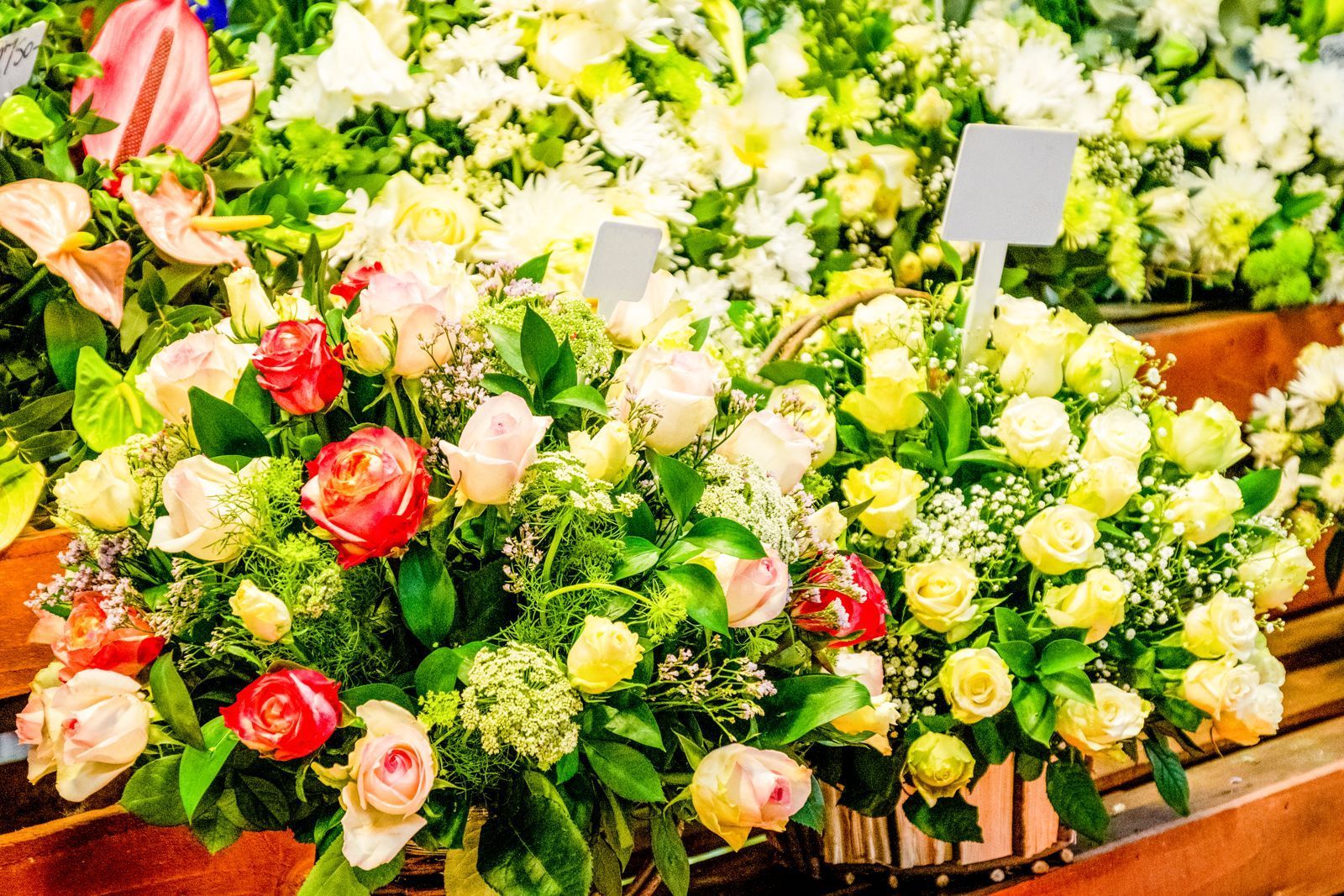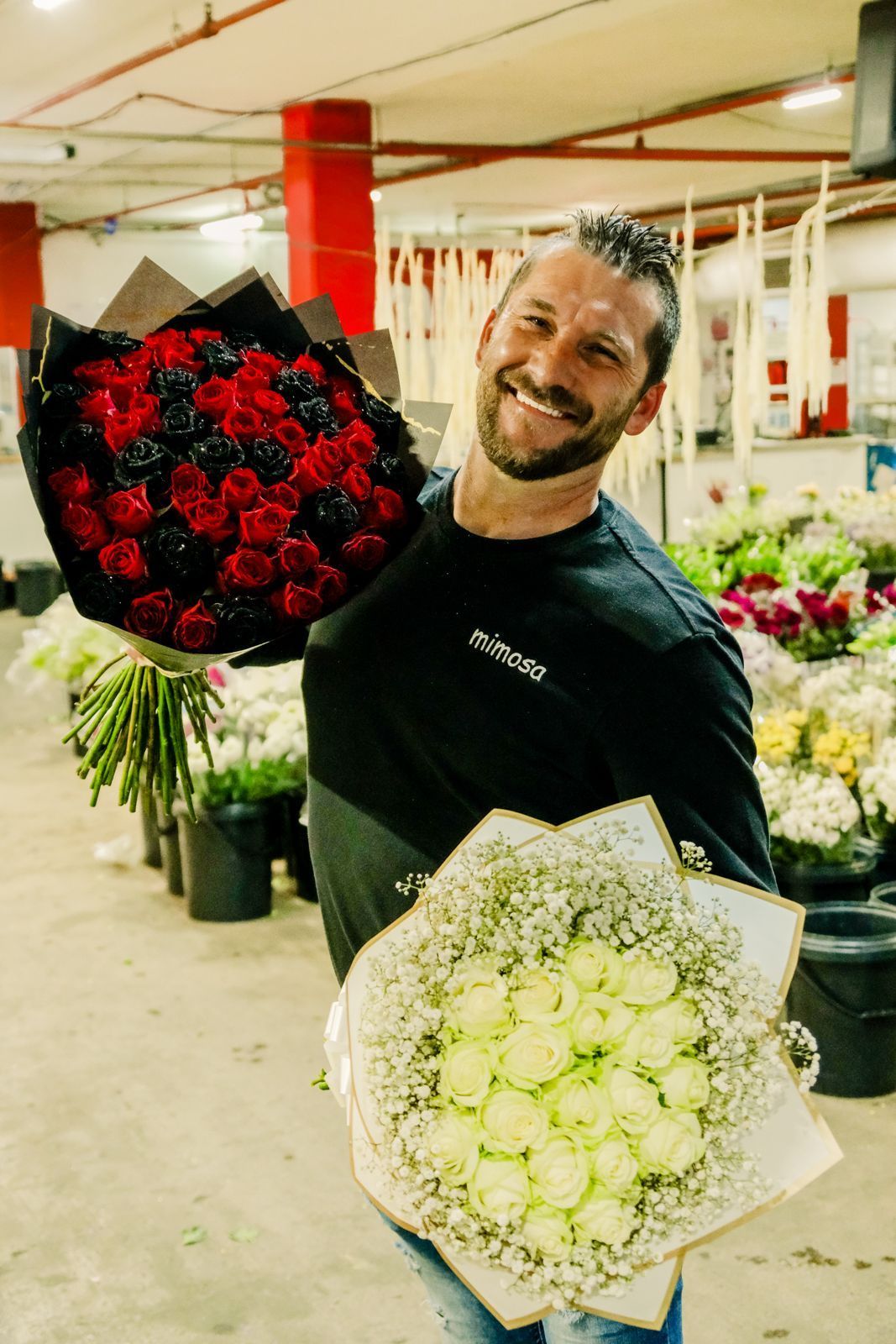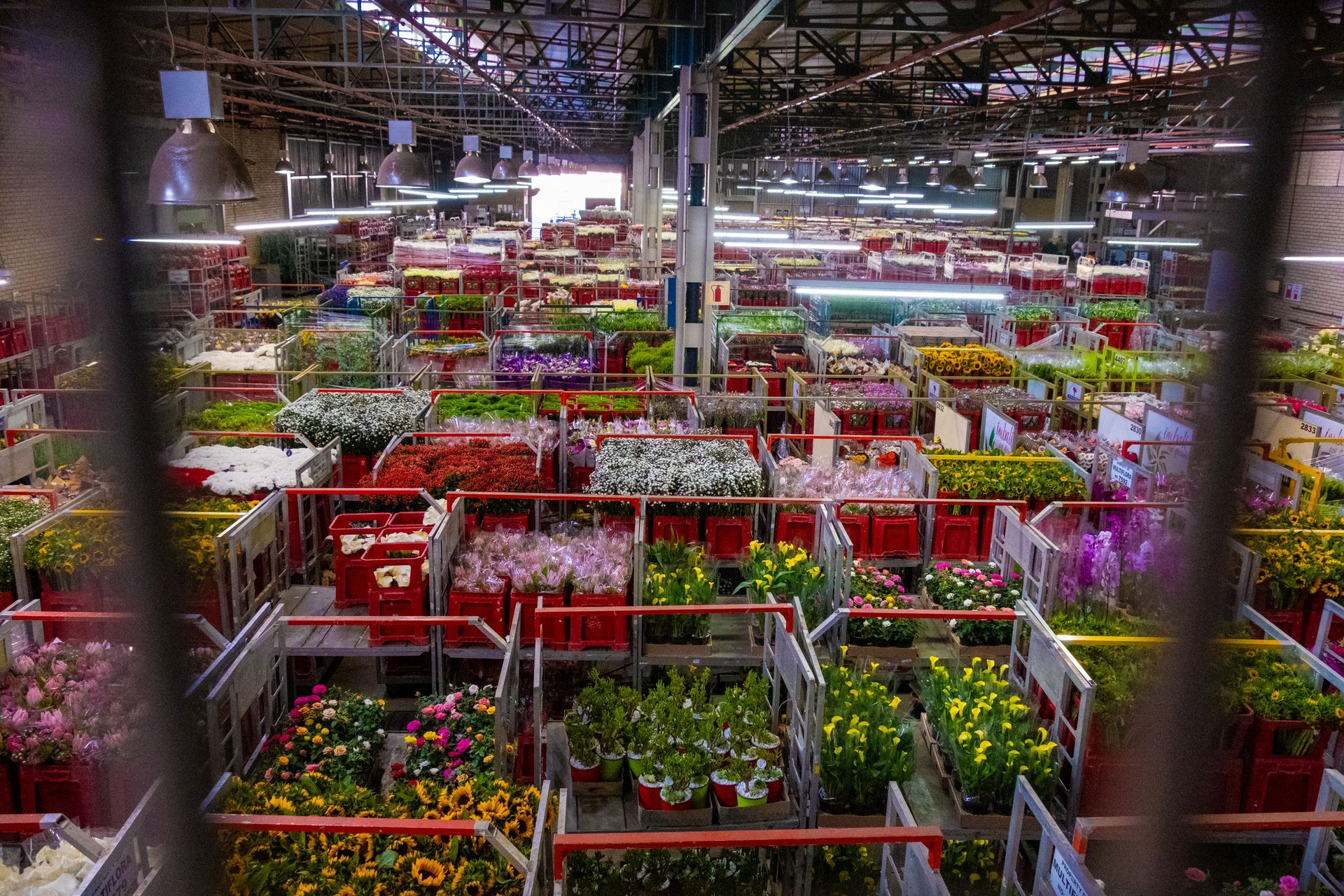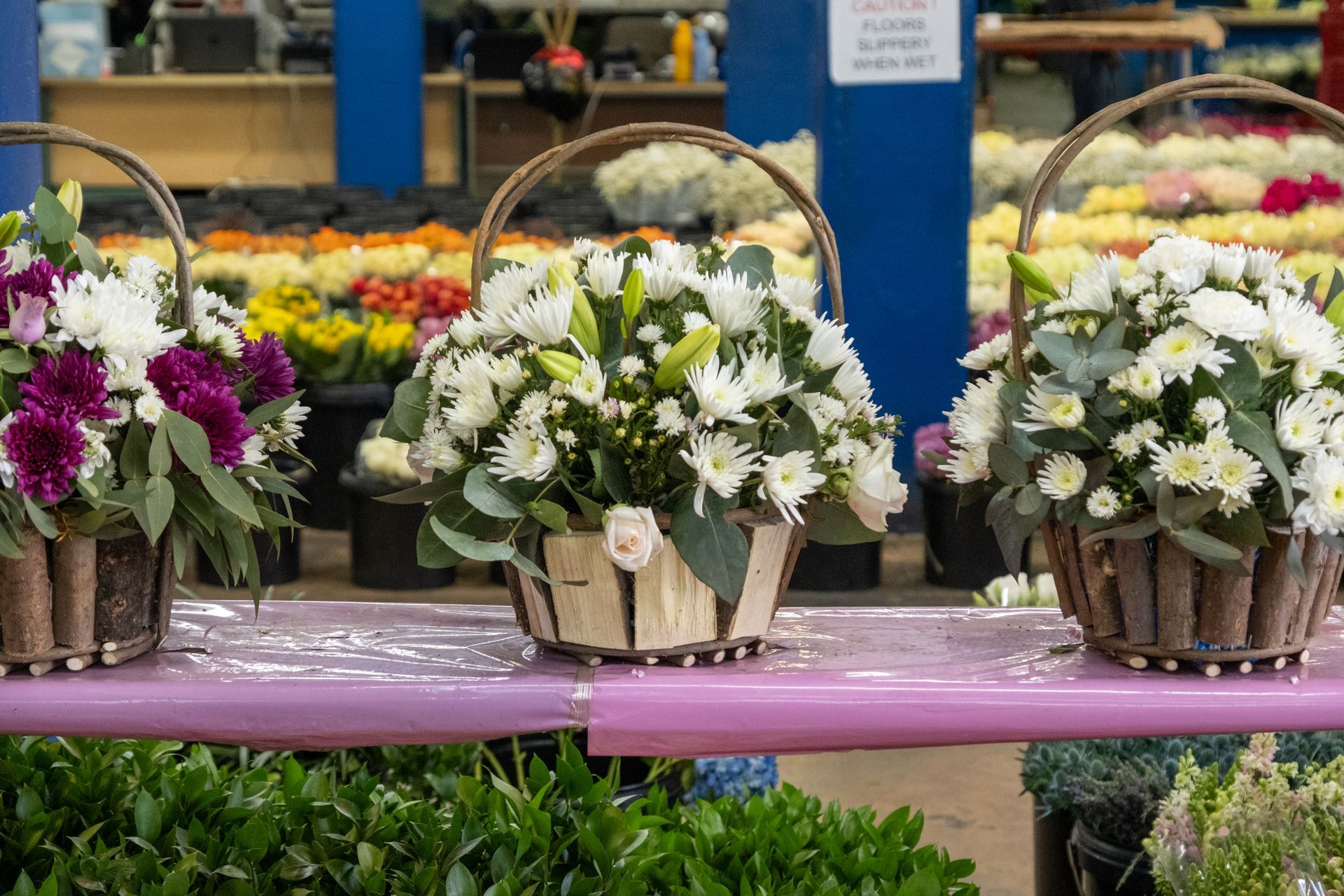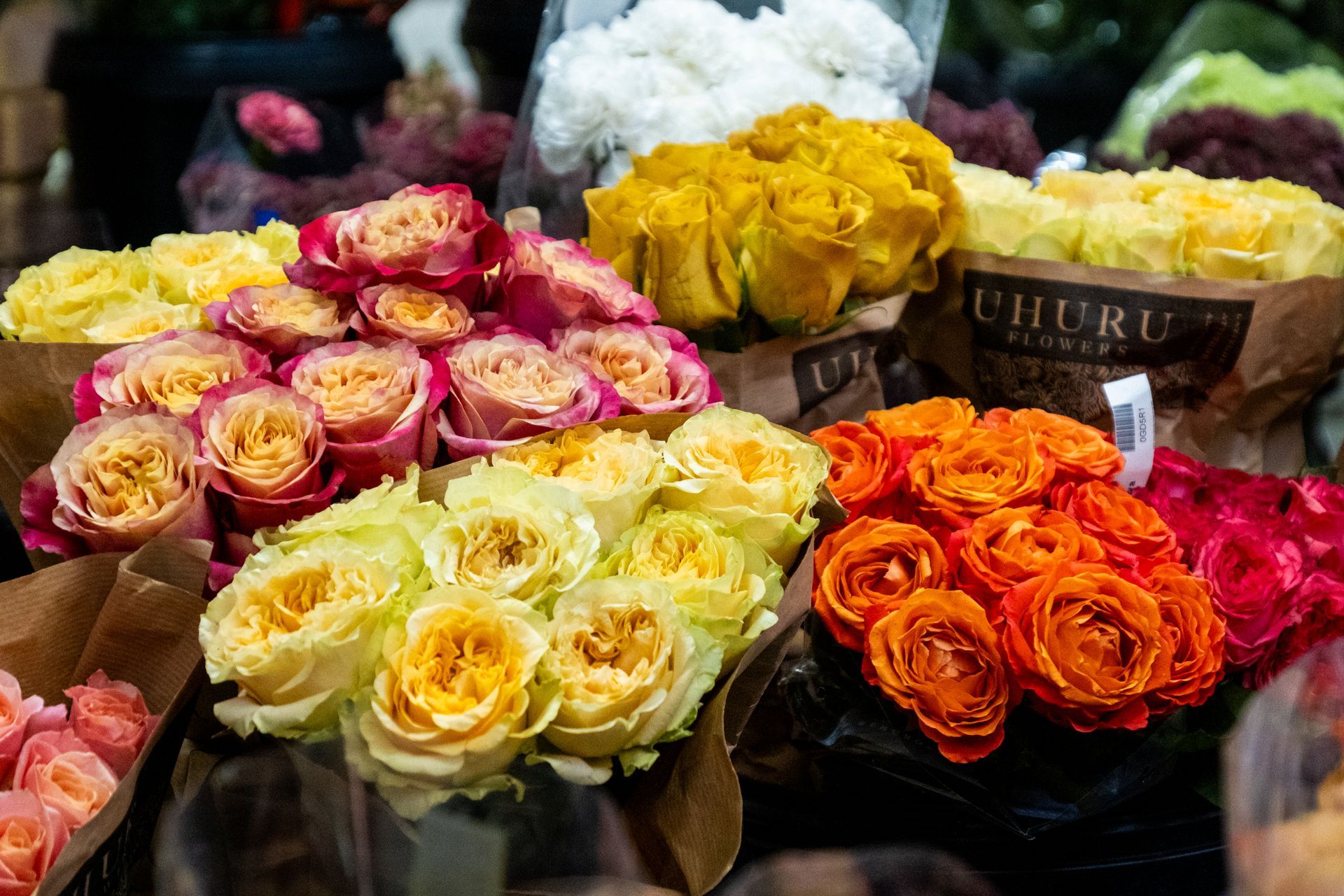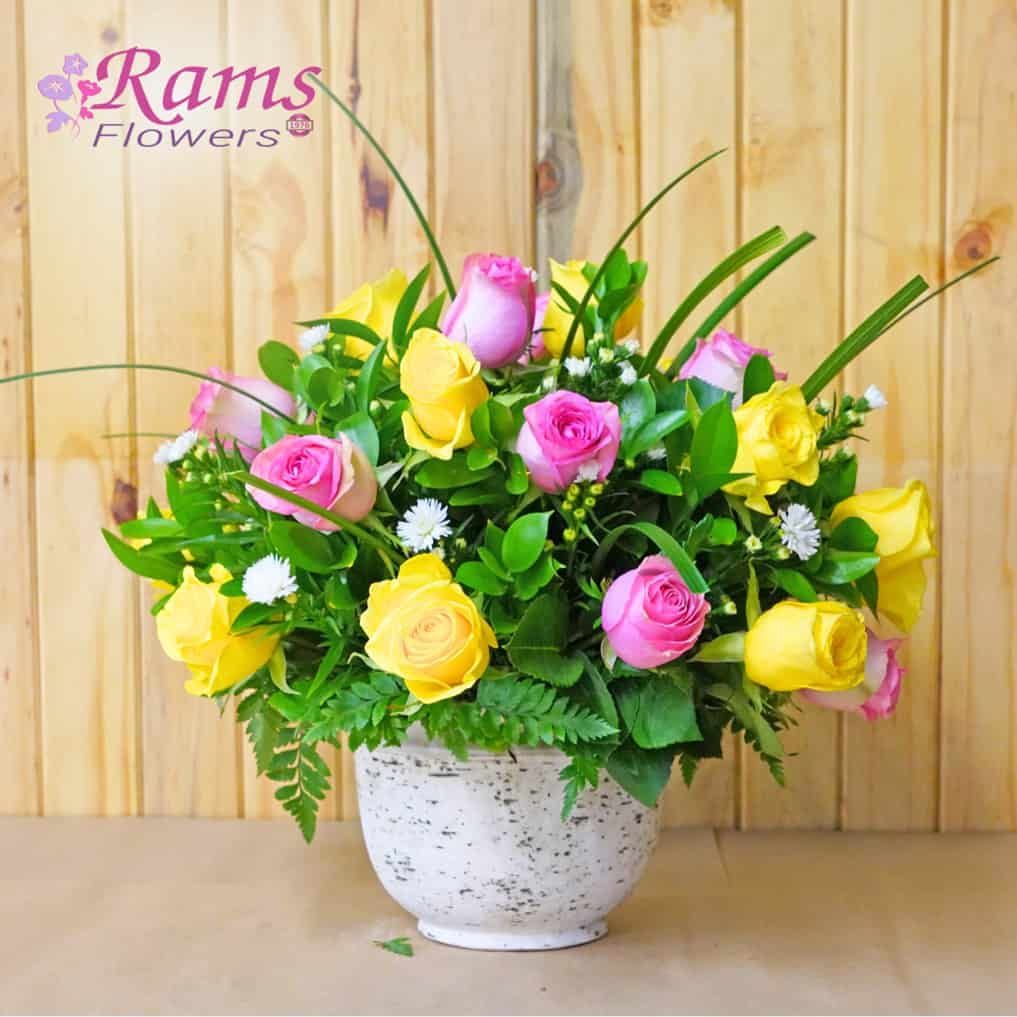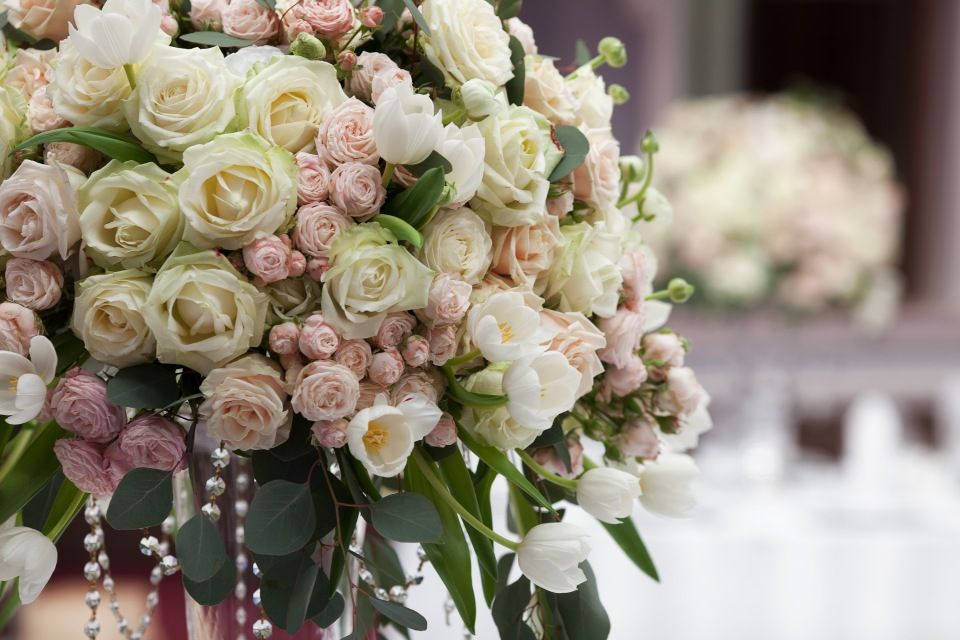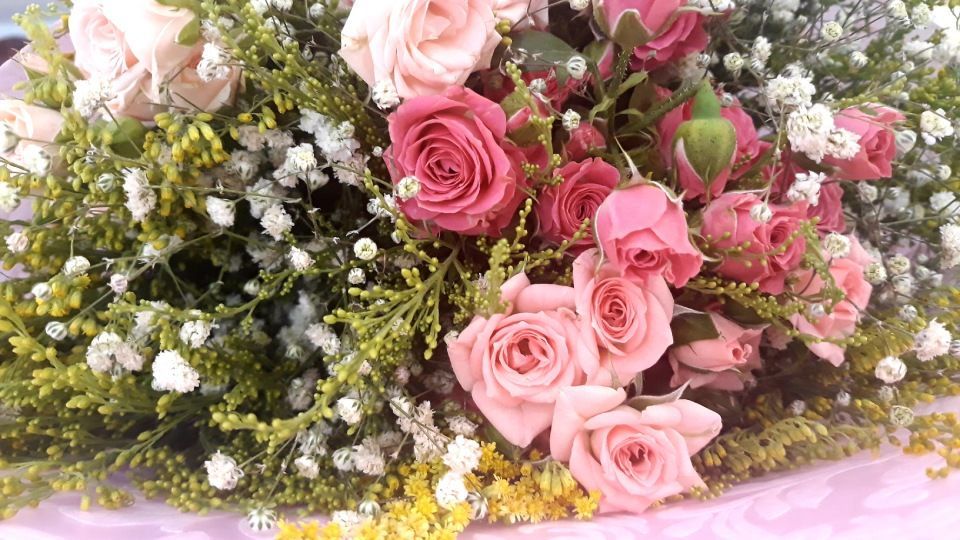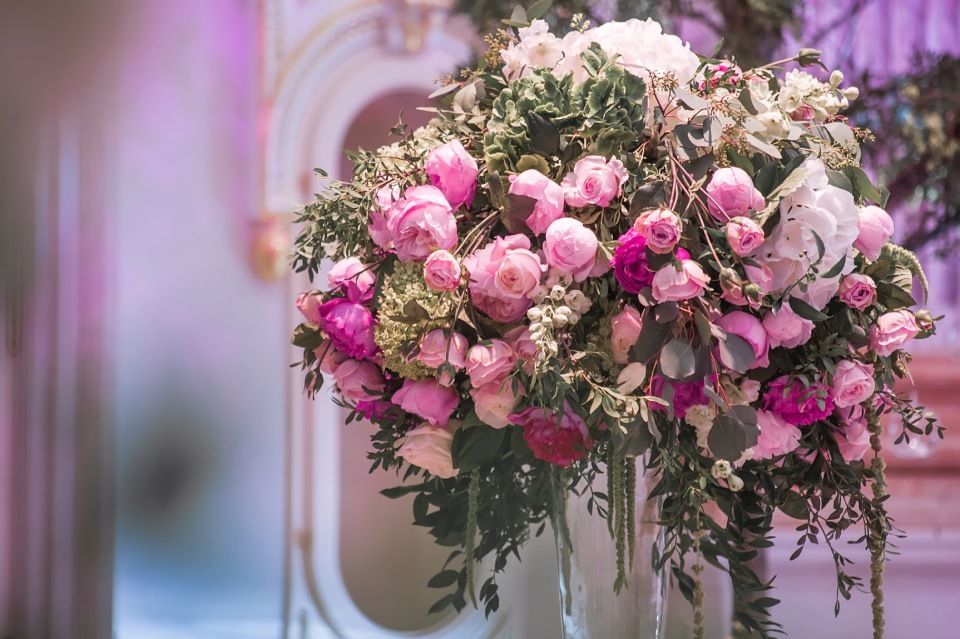The Blooming World of Flower Markets:
A Journey Through Colour, Culture, and Commerce
In the heart of every thriving community lies a story told through its local flower market. A
blend of tradition, livelihood, celebration, and art, the flower market is more than just a space to buy fresh stems-it's a meeting point for florists, farmers, designers, and everyday buyers
seeking the perfect floral touch for every occasion.
South Africa’s flower markets, particularly centres like Multiflora, play a pivotal role in supplying floral products to retailers, event planners, and households. With decades of development and deep ties to local growers, these markets offer insight into seasonal trends, floral economics, and the enduring importance of fresh flowers in daily life.
What Is a Flower Market?
A flower market is a bustling commercial hub where freshly harvested flowers are sold in bulk, either through auctions or direct transactions to resellers and the general public. While some flower markets are designed primarily as wholesale centres, others flourish as vibrant retail spaces, alive with colourful stalls, animated haggling, and the unmistakable fragrance of seasonal blooms.
These markets serve a wide variety of buyers-from florists sourcing fresh stock for daily
arrangements, to event decorators planning elaborate weddings, corporate functions, and
private celebrations. Garden centres also turn to these markets for a steady supply of potted
plants and vibrant colour, while everyday shoppers often visit to pick up a bouquet for a
thoughtful gift or a cheerful addition to their home.
In South Africa, Multiflora has earned its reputation as one of the largest and most efficient
flower auction centres in the Southern Hemisphere, handling thousands of blooms each day
with precision, expert logistics, and deep-rooted floral knowledge.
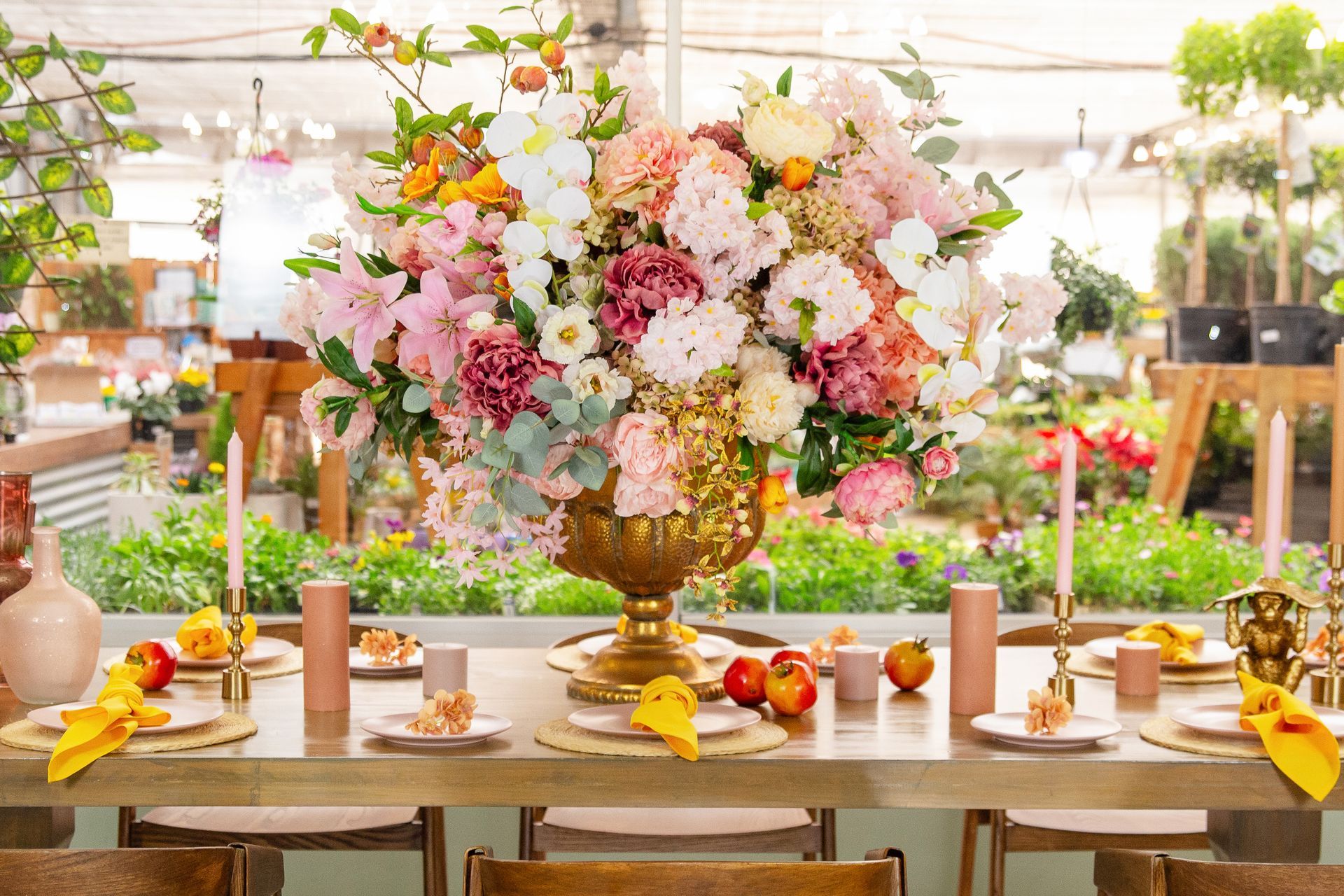
A Brief History of Flower Markets
Flower markets are as old as trade itself. Originating from the need to connect rural flower
growers with urban consumers. South Africa followed suit in the 20th century, driven by the region's rich biodiversity and robust domestic demand.
The formalisation of flower trading systems, like those used by Multiflora, brought structure to an otherwise informal industry, introducing electronic auctions, refrigeration for freshness, and grading standards.
The Role of Multiflora
Situated in Johannesburg, Multiflora is more than a simple flower exchange-it is a finely tuned operation that services the floricultural value chain. With over 600 registered buyers and dozens of suppliers, the centre facilitates the flow of fresh-cut flowers from farms to market shelves across the country.
Multiflora works by auctioning fresh flowers electronically, allowing wholesalers and florists to
secure stock efficiently. The market also operates a walk-in retail section open to the public, where shoppers can find arrangements, stems, foliage, and floral accessories at competitive
prices.
Its impact is felt not just in floristry but in employment, entrepreneurship, and sustainability
across the floral industry.
Why Flower Markets Still Matter
Despite the rise of online flower delivery services, physical flower markets remain irreplaceable. They offer tangible benefits, such as:
- Freshness and Quality - Flowers are often cut and sold within 24-48 hours.
- Affordability - Markets often offer better prices than retail florists.
- Variety - Shoppers can choose from an enormous selection in real-time.
- Personal Interaction - Buyers can negotiate, learn, and form supplier relationships.
- Inspiration - Nothing beats the creative spark ignited by walking through an aisle of colour, fragrance, and texture.
Markets also support small-scale flower farmers, especially those from emerging rural
communities. By providing access to large-volume buyers, the market system keeps these
businesses alive and blooming.
Popular Flowers You’ll Find at a Flower Market
Seasonal variation and demand dictate what’s available. However, some of the most commonly traded flowers in markets like Multiflora include:
- Roses (local and imported)
- Proteas (South Africa’s national flower)
- Chrysanthemums
- Lilies
- Gerberas
- Tulips (seasonally)
- Daisies
- Carnations
Foliage like ruscus, eucalyptus, and ferns are also available in abundance, essential for bouquets and floral arrangements.
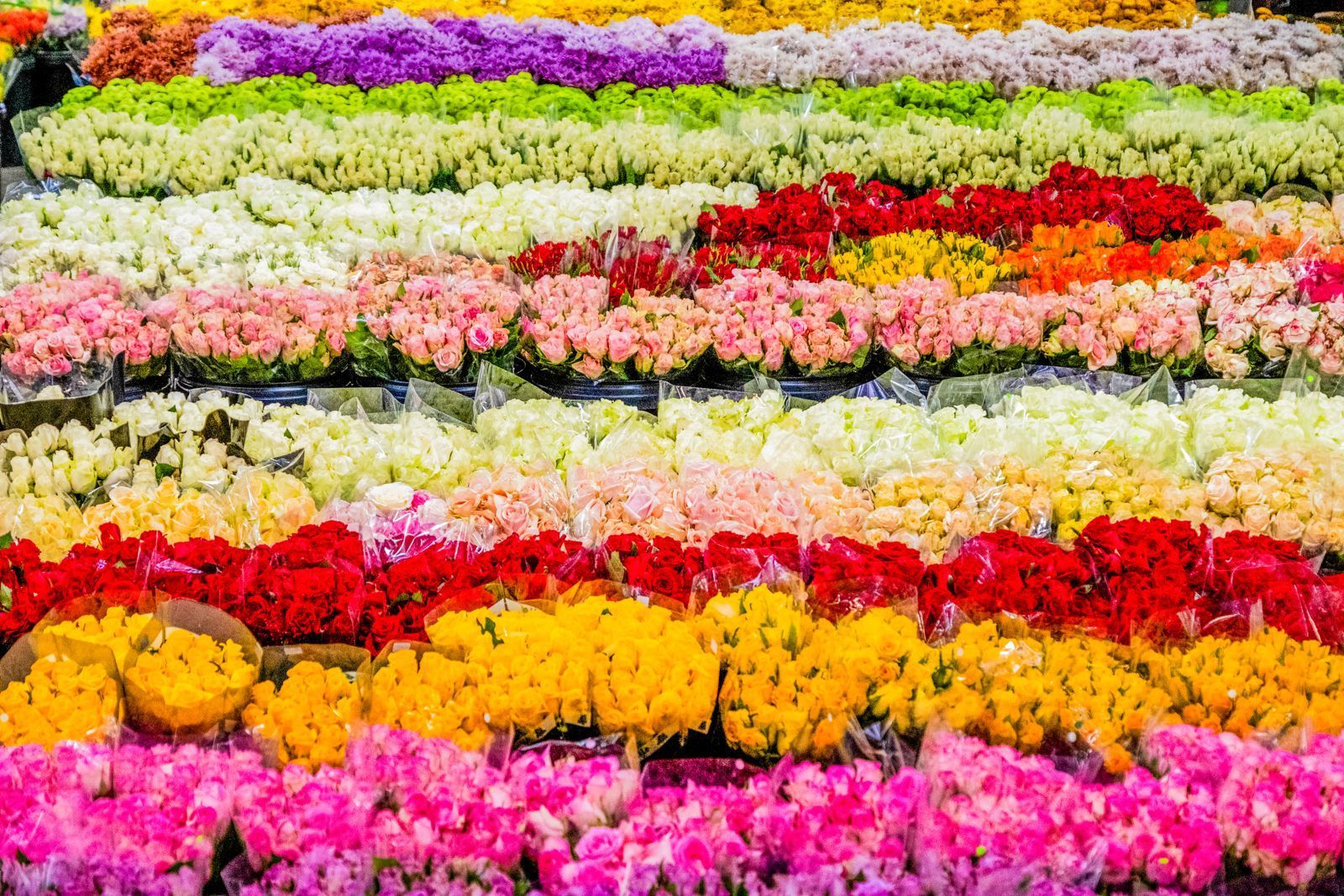
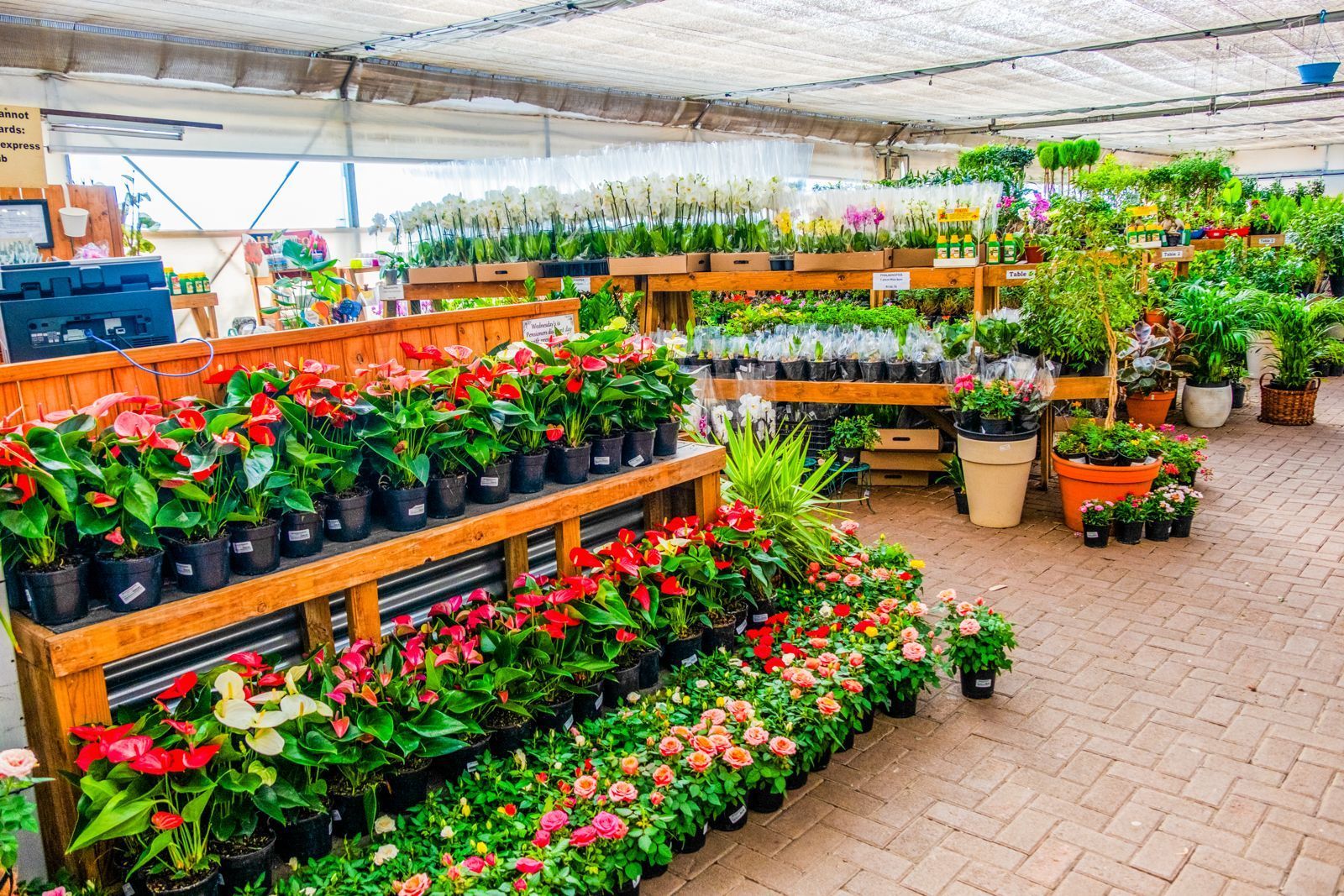
The Journey of a Flower: From Farm to Market
The life of a market flower is short and fast-paced. Once cut, flowers are sorted, bunched, cooled, and transported-often within hours-to the flower market. From there, buyers purchase, prepare, and distribute them to customers or stores.
Here’s a typical timeline:
- Cutting at Dawn - Flowers are harvested at optimal times.
- Packaging and Cooling - Transport conditions ensure freshness.
- Arrival at Market - Flowers are unpacked, graded, and ready for auction.
- Purchase and Collection - Buyers secure and collect their lots.
- Retail or Event Use - Flowers are arranged and presented to final consumers.
This process must happen quickly to maintain bloom quality and maximise vase life.
The Flower Market Experience: Tips for Shoppers
If you're planning a visit to a flower market like Multiflora, a few simple tips can help you get the most out of the experience. Arrive early in the morning, as the freshest and most sought-after blooms are usually picked over by mid-morning. It's wise to bring cash, as many vendors still prefer it, and carrying your sturdy container or bucket makes transporting your purchases much easier. Don’t hesitate to ask questions-many stall owners are passionate about their flowers and happy to share advice on how to care for or arrange them. Buying in bulk can also lead to better deals, especially if you're shopping for a large event or plan to give several bouquets. As you browse, pay close attention to bloom quality-choose flowers with firm petals,
strong stems, and lush green foliage. Whether you’re preparing for a romantic gesture, decorating for a celebration, or simply brightening up your living space, the flower market offers an inspiring range of options to suit all tastes and budgets.
Sustainability and Local Sourcing
Sustainability is a growing priority in the flower industry. Multiflora and its suppliers are increasingly focused on:
- Reducing plastic packaging
- Using recycled water in greenhouses
- Supporting local growers to cut down transport emissions
When you shop at a local flower market, you’re not only supporting your local economy-you’re also choosing a more eco-conscious alternative to imported flowers.
Flower Markets for Business Owners
If you’re a florist, café owner, hotel manager, or event planner, the flower market is your best ally. With access to diverse blooms, competitive pricing, and bulk quantities, you can design jaw-dropping centrepieces, branded floral installations, or luxury wedding designs.
Many entrepreneurs use the flower market as a foundation to start their own floral design or delivery business, buying wholesale and reselling creatively. Markets like Multiflora offer training, workshops, and even on-site logistics to support these ventures.
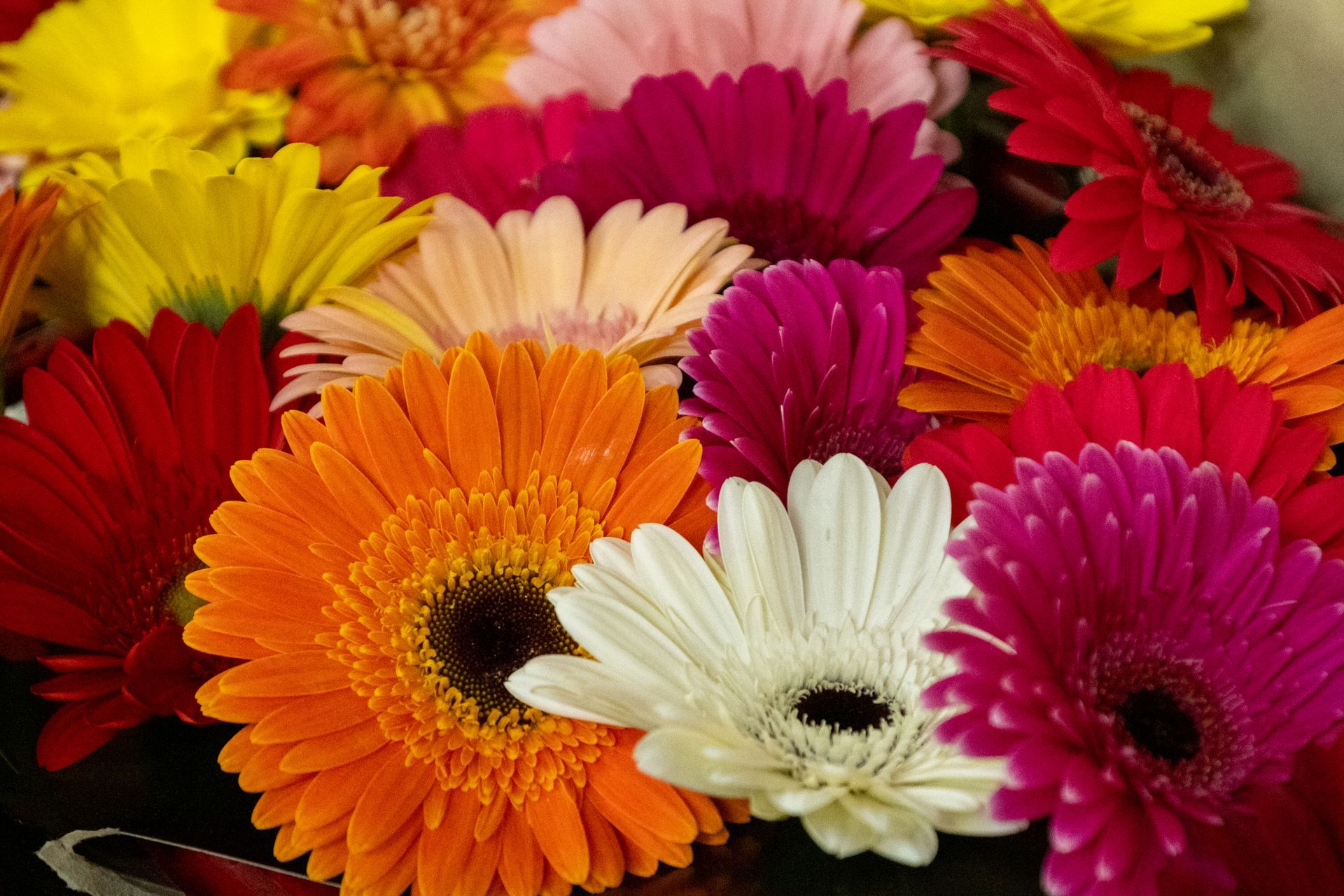
Beyond Bouquets: The Emotional Power of Flowers
Flowers aren’t just about aesthetics-they’re deeply symbolic. A single bunch can express love, apology, celebration, or sympathy. They connect us emotionally to our heritage and culture. In many South African homes, religious ceremonies and special occasions, flowers are central to the experience.
By supporting your local flower market, you’re investing in more than petals-you’re embracing a meaningful tradition that brings joy and comfort to countless lives.
Keeping the Flower Market Alive
The flower market is not simply a place-it’s an ecosystem, a community, and a celebration of beauty. In an age where convenience often trumps experience, visiting your local flower market rekindles the personal joy of choosing flowers by hand, supporting local businesses, and discovering something new every visit.
Whether you're a florist, a casual shopper, or a wedding planner, the market remains an unmatched source of inspiration and value. So next time you're seeking something special-whether for a loved one or your home-consider making your way to the nearest flower market and experience the magic for yourself.

